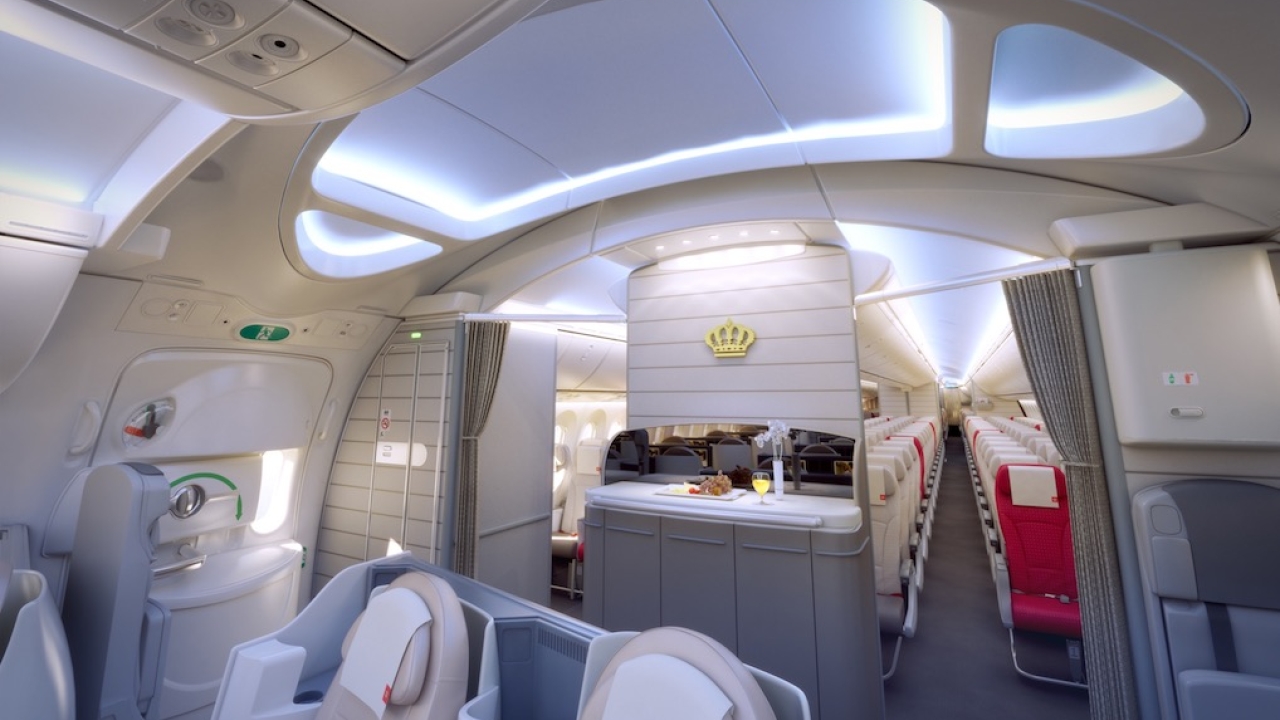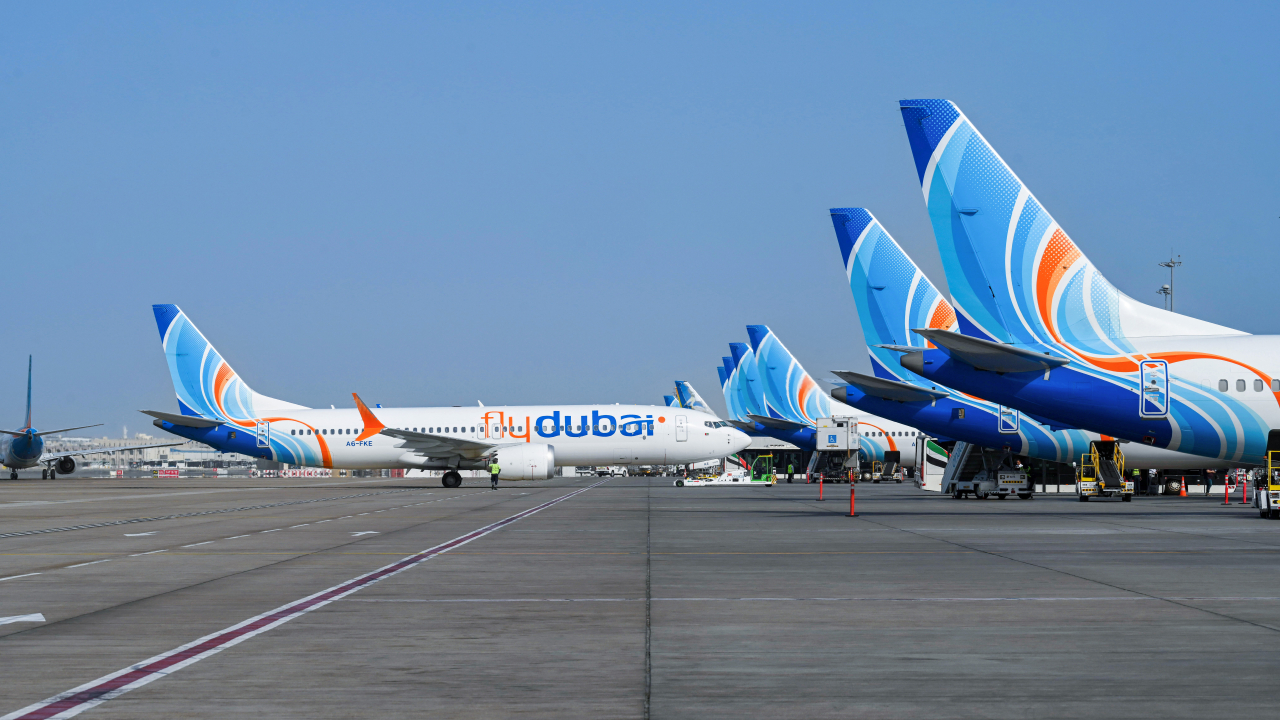Royal Jordanian's turbulent refleet plan
Orders for a renewed and updated fleet are under way as Royal Jordanian seeks to navigate the increasingly difficult geopolitical environment in the region.

The re-fleeting plan also includes refurbishing the cabins of Royal Jordanian’s existing Boeing 787-8s, to keep them viable until the end of the decade. Picture: Royal Jordanian
Royal Jordanian has never had an easy time in business. Geopolitics have frequently intervened to make the airline’s operating environment more difficult than that of rivals. And it finds itself in competition not only with Arab airlines with some of the world’s highest standards of inflight service, but also, increasingly, with low-cost carriers.
The airline’s CEO is continuing his policy of building a route network in the Levant region, feeding passengers in and out of the airline’s Amman hub. The Levant—comprising Iraq, Israel, Jordan, Lebanon and Syria—contains around 100 million people, a good catchment area.
To improve its offering, Royal Jordanian has an extensive re-fleeting program underway, with the aim of expanding from its current total of just under 30 aircraft to around 45 over the next few years. “For every two aircraft that come in, one will go out,” said CEO Samer Majali.
The airline, which was one of the first to operate the Boeing 787 and has seven 787-8s in its fleet, signed an order at last November’s Dubai air show for six, larger 787-9s. These should start to arrive in Q2 2025.
It also intends to upgrade the earlier 787-8s, including installing wi-fi (an option not available when it originally purchased them) and bringing them up to the same standard as the new 787-9s. The refurbishment will cost between $8-10 million per aircraft, Majali said, “because we want to keep them until 2030”.
In the mid-market bracket, Airbus A320neos and A321neos will replace A320ceos, although this process is not going smoothly. The delivery delays that have hit so many airlines have also affected Royal Jordanian. “Unfortunately, Airbus has not done a great job,” he said. “We should have started getting deliveries in May 2024, and they’ve been delayed until November 2024. So, we’re very disappointed with Airbus for that.”
If there are no further delays, the first three should arrive by the end of this year, hopefully followed by a further 12 in 2025.
Majali says the airline’s route map means that it will not have to opt for the longer-range A321LRs or XLRs. However, two of the A321neos will have an extra fuel tank added “just in case we have missions beyond eight hours.”
Meanwhile, for short-haul services, eight Embraer E2s – four E190s and four 195s – will replace four older-generation E170s and E190s. The airline is considering adding a further two E2s to that total.
Given Royal Jordanian’s relatively small fleet, operating a third type is an added complication, Majali accepted.
However, the smaller Embraer is cheaper to operate on a trip-mile basis. This means that “the upside is the ability to raise frequencies.
“For example, [from Amman] to Erbil, instead of four flights a week with the A320, I can fly daily with the E190. That’s a big product advantage for us.
“This aircraft also allows us to test new routes…with the cheapest aircraft available.” And, although relatively small, the Embraers can fly into Europe.
Europe is the source of some of Royal Jordanian’s most profitable routes and the carrier intends to improve its European options by operating some all-economy class aircraft there, to stimulate the important inbound Jordanian tourism market.
Jordan has a 400 km border with Israel and the Palestinian territories, he noted, but explained that even as Jordan is stable, due to the country’s proximity to the conflict, people associate conflict with the area.
The outbreak of the flight saw an immediate drop of up to 15% in reservations, particularly from European tour groups.
He compared the situation to the United States, where mass shootings are an increasingly common problem. "If something happens in a shopping mall in Maine, does that mean that you shouldn't visit anywhere in the US?"
Stay up to date
Subscribe to the free Times Aerospace newsletter and receive the latest content every week. We'll never share your email address.


